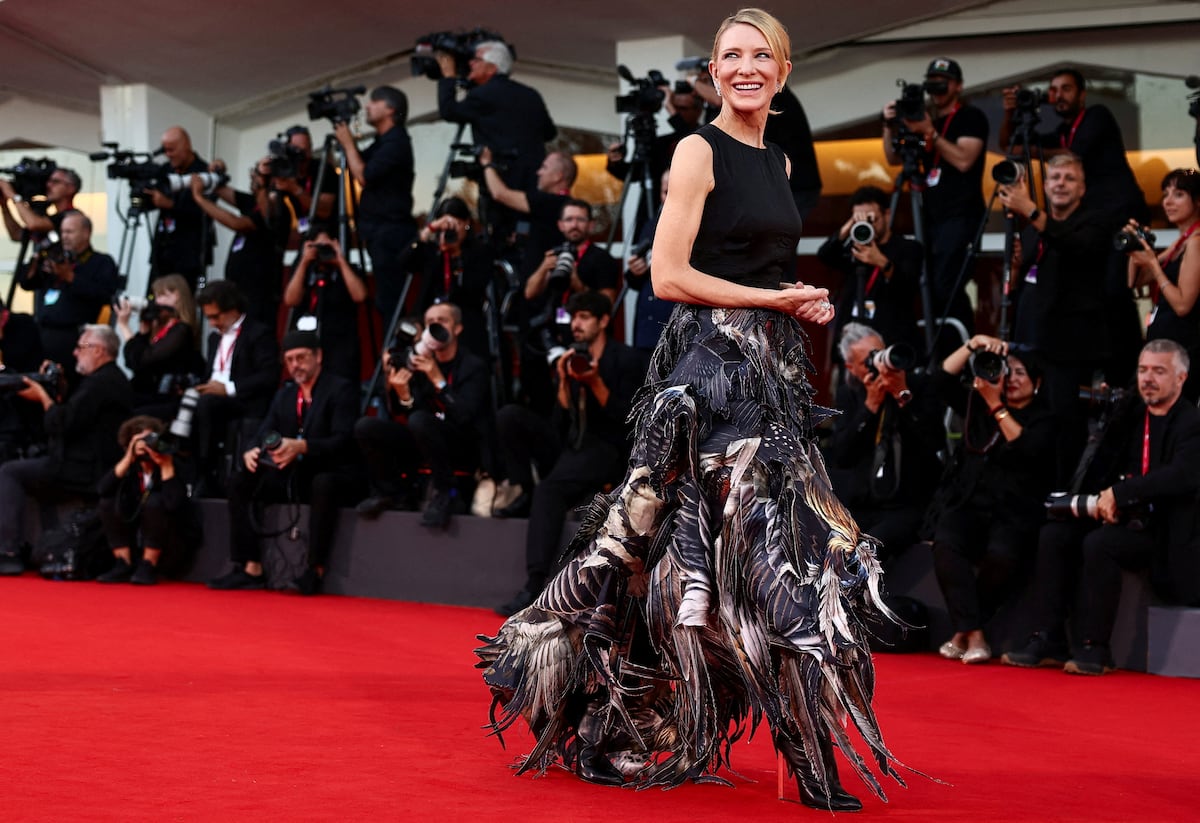
"Only one voice is scarcely heard even though it's the very one everyone wants to listen to: the stars'. Many arrive, say a few words at the press conference, and that's it. They walk the red carpet, pose for photos, sign autographs, take in the applause and move on. Often quite literally: some don't even spend more than 24 hours in Venice. Everything is rushed, so their visit must at least be made comfortable."
"The celebrity interview is moving or perhaps retreating toward extinction. At most, roundtables are organized. And they're increasingly crowded events: a group of privileged journalists, half an hour with two or even three stars. Or sometimes nothing at all: They will only participate in official events. On one hand, the world's oldest film festival welcomes more divas every year probably never as many as in this 82nd edition."
"There's no simple answer. But one thing that's certain is that there's no concerted plan to deprive journalists of interviews, says an agent who requests anonymity and has spent many years at festivals organizing the schedules of directors and actors or talent, as they are called in the industry. I have a lot of respect for the press. They do very important work. I'm very frustrated that our work sometime"
At the Venice Film Festival, thousands of journalists, producers, students, and enthusiasts debate films across the Lido while film stars often remain largely silent. Many stars arrive briefly, speak briefly at press conferences, walk the red carpet, pose for photos, sign autographs, and leave, sometimes within 24 hours. Celebrity interviews are dwindling; roundtables replace one-on-one conversations and are crowded, offering brief access to a few journalists at a time. The growing presence of divas contrasts with increasing silence, driven by costs, time constraints, control desires, social media strategies, and media failings. Scheduling decisions are not part of a concerted plan to block press.
Read at english.elpais.com
Unable to calculate read time
Collection
[
|
...
]